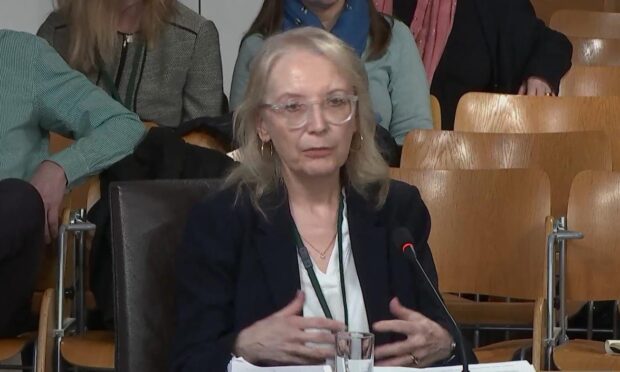Angus crime writer Ed James has hailed safeguards for artists from tech company theft as a victory for “ethical AI development”.
The former Carnoustie High pupil has joined other writers and musicians in the battle against their work being illicitly mined for artificial intelligence purposes.
Stars including Paul McCartney and Elton John have urged the Prime Minister to take steps to protect the work of the country’s creative talents.
Ed, whose real name is James Thompson, recently launched the seventh book in his popular DCI Rob Marshall series.
It coincided with the discovery his entire body of work was in a dataset used to train a tech giant’s AI model.
Fife author Marion Todd has also aired fears over the impact it could have on her career.
AI bill to return to Commons
This week, an amendment to the Data Bill, tabled to protect creatives from having work used to train AI models without recompense, was passed by the House of Lords.
The Bill will now return to the Commons, with the amendment by former Bridget Jones film series producer, Baroness Beeban Kidron, inserted.
Former IT consultant Mr James is hopeful the amendment to the Data (Use and Access) Bill will be supported by MPs in the Commons.
“I fully support the amendment because I believe creators should have the right to control how their work is used,” he said.
“Especially when it’s being used to train technologies which may later compete with them, without consent or compensation,” said James, who has sold more than 2.5 million copies of his books.
“Whilst I welcome AI technology as a valuable research tool, that benefit shouldn’t come at the cost of losing ownership over the content that I and others have created.”
However, Mr James says the key consideration is fairness.
“Protecting copyright isn’t about resisting innovation, but about ensuring AI is developed ethically.”
He says that should mean proper credit and compensation for the human imagination which has been used to train it.
Mr James believes authors who agree to have their work used should obtain a licence fee from tech companies plus a royalty when their works are meaningfully used to answer user prompts.











Conversation